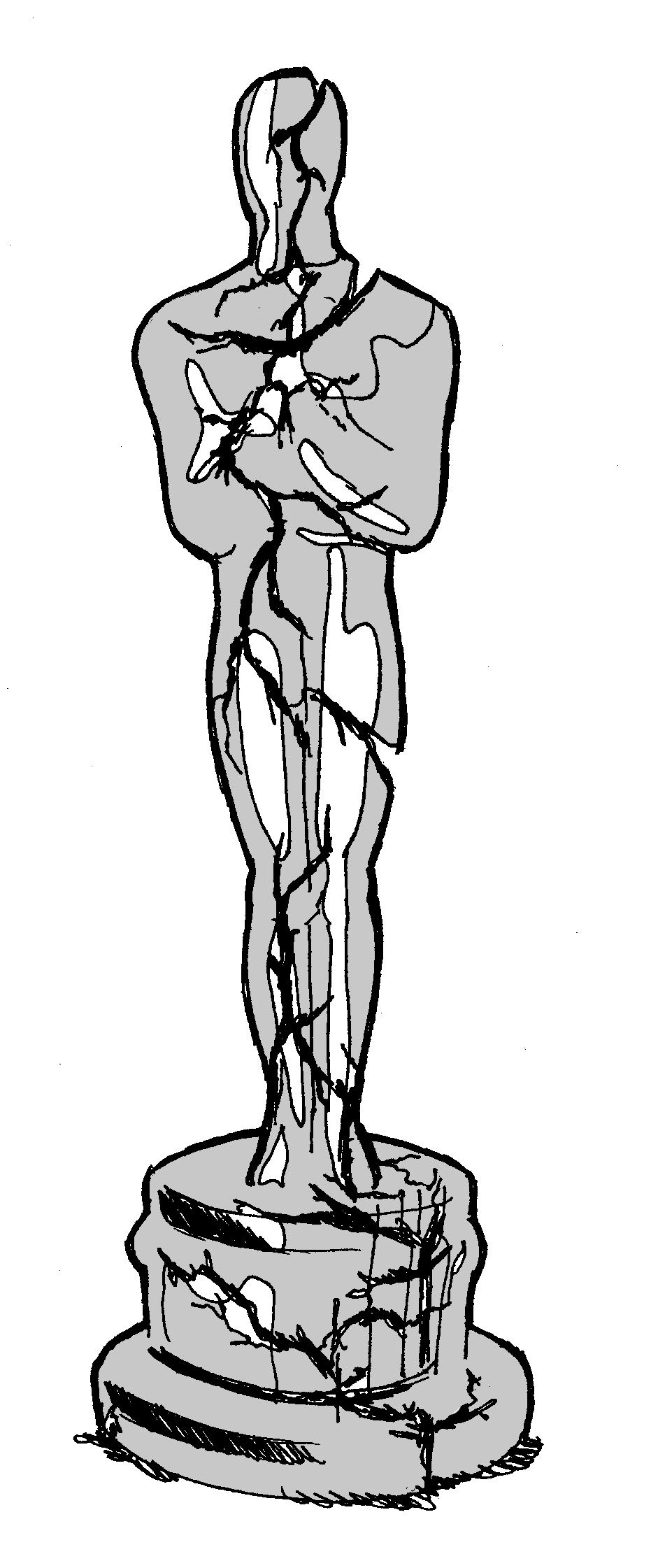Reconciling the reputations of men whom we admire
December 1, 2017
 This
piece represents the opinion of the author
.
This
piece represents the opinion of the author
.
Since the initial allegations of sexual abuse against Harvey Weinstein broke, many more high-profile men from different sectors have been accused of similar transgressions. At such a historic point in time, Americans have been forced to reckon with the reality that many of the men whose work we enjoy are in fact vile, reprehensible people.
What makes this particular cultural moment unique is the ubiquity of the accusations. It seems that every week brings a new round of actors, politicians and other public figures whose reputations are ruined by testimony of their abuse. The destruction of these men’s reputations leaves us with the complicated task of dealing with the work they leave behind, which is oftentimes unavoidable and even beloved by many.
It is easy, for instance, to eviscerate Roy Moore, a Republican candidate for Senate who was accused of sexually assaulting or pursuing relationships with several women when they were teenagers. Moore was an ultraconservative judge on the Alabama Supreme Court, best known for his posturing as a morally righteous man so virulently dedicated to “family values” that he was willing to lose his job—which he did, twice. His downfall is therefore far more clean cut for liberals who will miss neither his abhorrent behavior nor his ridiculous politics.
Save for those who would rather elect an alleged sex offender to office than a Democrat, reasonable people likely agree that Moore’s reputation is dead in the water and his life’s work leaves virtually nothing for us to celebrate. We are suddenly, however, posed with a moral quandary when a critically acclaimed film or TV series starts with a title card announcing that Harvey Weinstein produced it. And we are especially vexed when shown indisputable evidence of wrongdoing by liberal politicians like Al Franken.
The paradox posed by seemingly good men doing horrible things opens up a place for society to learn from this difficult cultural moment. Three years ago, Woody Allen’s daughter Dylan Farrow accused him of sexual abuse, but today Allen’s career in film remains intact. Many argued at the time that Allen’s iconic work could be separated from the terrible things of which he’s been accused. But separating the cultural or political contributions of male offenders only sends a message that we are willing to tolerate violent behavior for the sake of maintaining some sense of order.
Today, it is imperative that we do not overlook the gravity of the acts that accused men likely committed. It is admittedly difficult to boycott all Weinstein productions or to deny the validity of the politics for which men like Franken or disgraced Congressman John Conyers stood. But the inevitability of these men’s work, or the likeability of the men themselves, is not an adequate excuse for the continued normalization of sexual violence.
Instead, let this be a moment at which we reconsider the demographics of those who fill our legislatures and who produce the cultural products we like to consume. Symbolically removing every movie produced by the Weinstein Company from the cinematic canon would be an onerous task, but we can at least use this moment to start recognizing and encouraging work by female directors, producers and actresses. And rather than seeing the inevitable fall of men like Franken and Conyers as a painful political loss, we should shift our focus to electing more women into office. By deemphasizing the sense of collective loss we feel when a man we admire is accused of violence against women, we can open up space for women to advocate for themselves and very clearly demonstrate that abuse is never justified.


Comments
Before submitting a comment, please review our comment policy. Some key points from the policy: